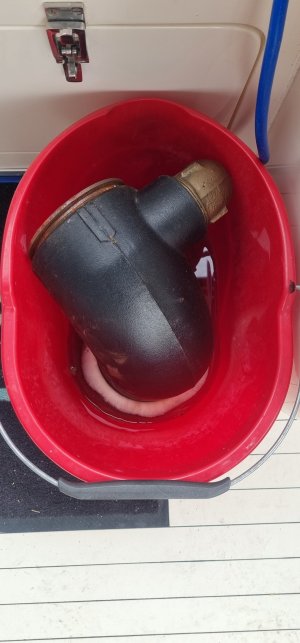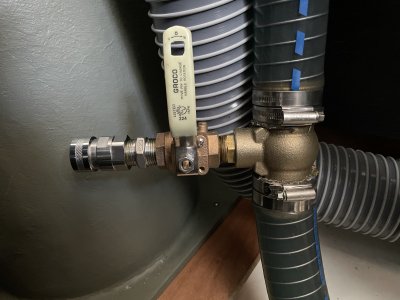PaulRainbow
Well-Known Member
Thanks, but it says on the drum "use as is". So that's £50 for 5l, Rydlyme say mix at 4:1 so 5l diluted will give me 25l for about £70Have used this in the past.
Marine Dynamic Descaler 5L Ridlime Rydlime Ridlyme Rydlyme | eBay


